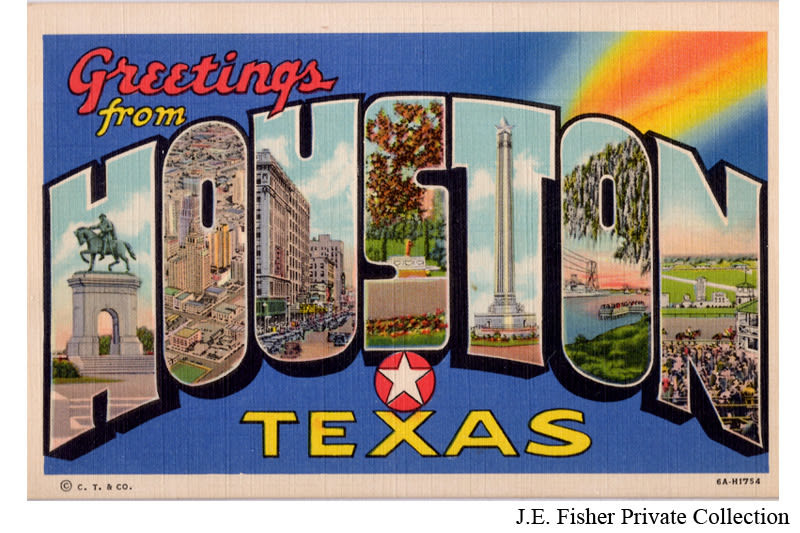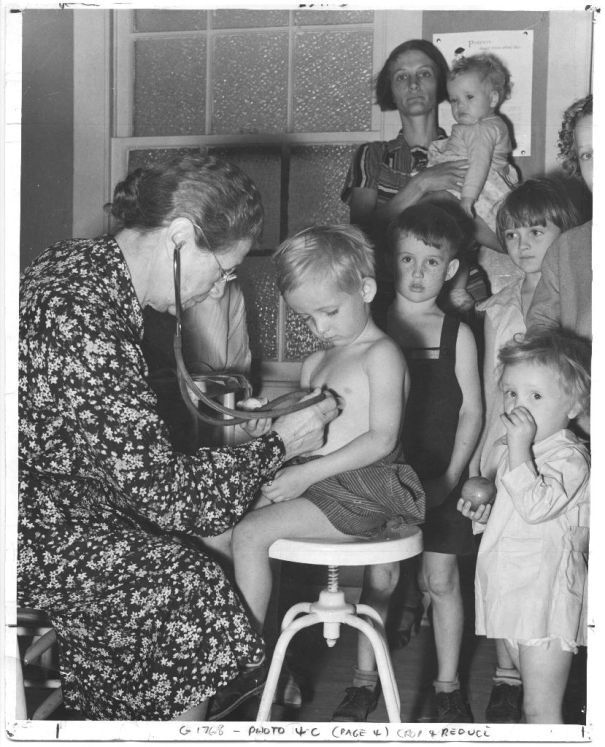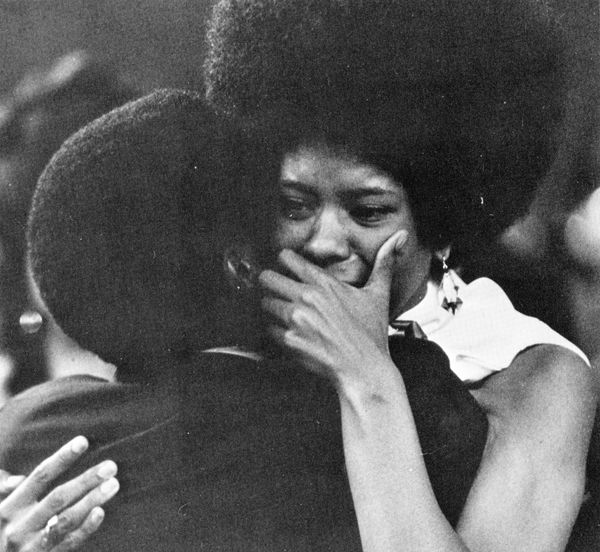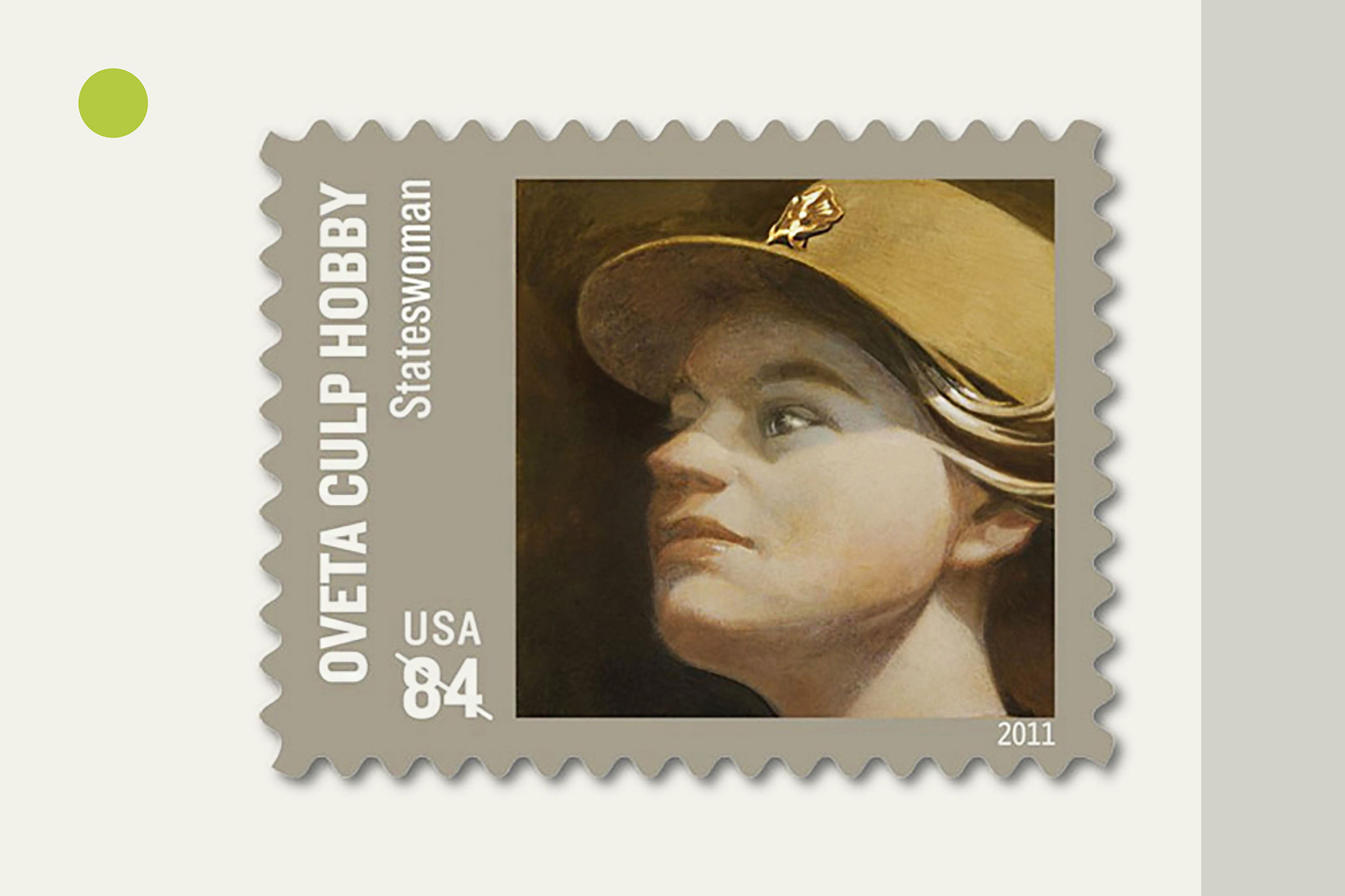The New Handbook of Houston Features Historic Bayou City Citizens Who Made a Difference

Image: tshaonline.org
No, Beyoncé isn’t featured in the new Handbook of Houston, an online bank of 1,500 stories about Houston and Houstonians. That’s because Bey only meets two of three criteria necessary to qualify: She’s important and impactful, but she’s not dead. We hope she doesn’t make this handbook for a very long time.
A collaboration between the Texas State Historical Association (TSHA) and the Houston History Alliance (HHA), the repository of Bayou City tales—slated to be released online in March and edited by Lindsay Scovil Dove—starts in 1836, the year of the city’s founding, and runs through the late 1990s.
While some of the offerings were pulled from a companion effort, the popular Handbook of Texas, local history buffs of all stripes have added hundreds of new entries. In fact, the project remains open to anyone with time to write a short, well-documented contribution even after the handbook is launched. The HHA website lists dozens of topics there for the taking.
“We want them to be something a reader can consume in a short amount of time, which leads them to another entry and they learn more about that,” explains Dove, who’s been working on the project for two years and is now on intimate terms with every historical landmark, person, and event that made Houston the most ethnically diverse city in America.
“It drives my husband crazy,” she laughs. “We can’t drive through town without him getting a history lesson.”
But which are her very favorites? We asked Dove to share the stories of three Houstonians most of us haven’t heard of, each historic and inspirational in his or her own way.

Dr. Elva Anis Wright
In 1900, a time when female enrollment in medical school was 3.5 percent, Wright graduated from Northwestern Medical School. She became involved with fighting tuberculosis, which was the most fatal disease in the United States at the time, and in 1910, came to the Bayou City, where she later founded the Houston and Harris County Anti-Tuberculosis League. Needless to say, she helped save the lives of many Houstonians.
Lynn Cecelia Eusan

Image: 1969 Houstonian
Eusan was the University of Houston’s first African American homecoming queen, elected on November 22, 1968. One of only 400 black students at the university, she was an outspoken community activist, journalist and charter member of Alpha Kappa Alpha (the university’s first black sorority) who fought for progress during the black liberation movement, and promoted “blackness as beautiful” as she rocked her natural afro. Her inspirational life made her death just three short years later all the more tragic. On September 10, 1971, Eusan was killed after being abducted and stabbed while waiting for a bus. Today, a park at UH commemorates her life and her reign as a community leader.
Alexander Erichson
A former Confederate soldier who occupied multiple city positions—police officer, city marshal, constable and county clerk—Erichson was employed as an officer of the law when, in 1877, he got into a shootout on Main Street with armed gambler Matt Woodlief. Combat ensued before the fight was decided, making newspaper headlines across the nation; Erichson was shot once; Woodlief thrice. Both survived, and the latter was later convicted of aggravated assault and fined. Erichson made news again a decade later when he assembled a posse to chase after a band of horse thieves that was ravaging the Houston area (they escaped). When Erichson died a few years later, in 1900, it was thought that the bullet from his Main Street fiasco 23 years prior, which doctors had been unable to retrieve, had contributed to his death. His life events are an excellent primer on Houston’s rough-and-tumble past.
For additional noteworthy stories about Houston, or to contribute your own, visit tshaonline.org/handbook/houston




